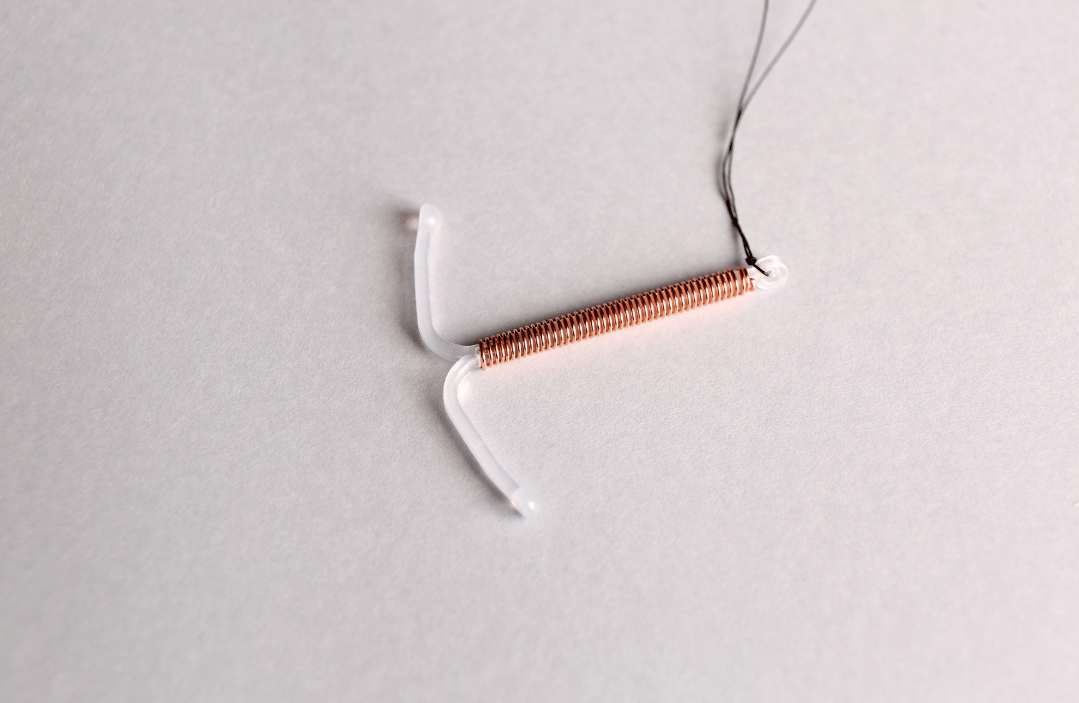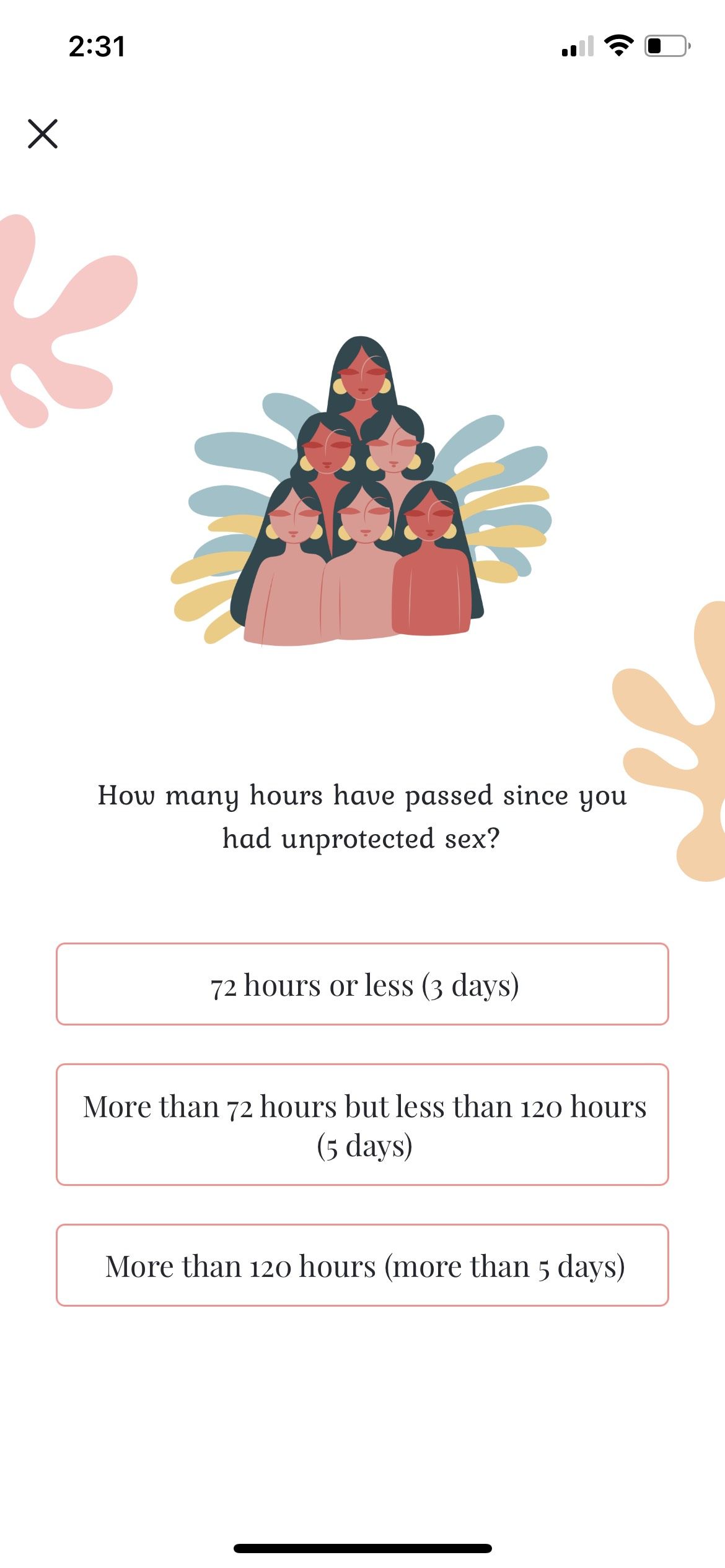Using the emergency contraception for the first time? Are you also worried about questions like – will emergency contraception affect my periods, what will be my risks of using emergency contraception, what will be the side effects, etc.? Don’t worry, we’ve got you covered!
The use of emergency contraception is likely to not have a significant effect on your periods. Sometimes it can cause it to come earlier or later than usual. Frequent use of emergency contraception can affect periods in more severe ways. It can lead to irregular periods or you may not get your periods for some time. It can also bring about a change in the flow during periods making it lighter or heavier than usual. Thus, for women who use emergency contraception, periods can be longer, shorter, heavier or lighter.
Emergency contraception has tons of benefits. It can prevent pregnancy after unprotected sex or if your regular contraception has failed, such as a condom that has split or a pill that has been skipped. Emergency contraception comes in two forms:
- Morning-after pill or the emergency contraceptive pill and
- Intrauterine device or IUD or Copper T 1
Let’s understand both these types of emergency contraception and how they affect periods.
1. Emergency Contraceptive Pill
Emergency contraceptive pill or morning-after pill contains hormones called levonorgestrel. The effect of the extra hormones can help prevent pregnancy if you’ve had unprotected sex either because you didn’t use birth control, skipped a birth control pill, were sexually harassed, or your method of birth control failed. Although, it is important to note that morning-after pills do not help terminate a pregnancy that has already commenced. The pill technically works by preventing or delaying ovulation depending on where you are in your menstrual cycle.2
Can emergency contraceptive pills affect periods?
For some women, the emergency contraceptive pill (ECP) may cause a period to be late. It partially depends on where in the cycle you were when you took the pill as it may through your uterus off phase. While others may have the reverse effect, causing your menstruation to arrive early. In either case, there’s no need to be concerned as these are normal side effects of emergency contraceptive pills. If you encounter any other symptom which may not appear to be normal, you should visit your doctor.
The risk of being pregnant, as well as hormonal changes caused by stress, may be causing your period to be late, especially if you don’t have any symptoms of pregnancy (such as nausea, swollen breasts, etc.). If you want to take a pregnancy test and ensure that the results are correct, wait a week after the estimated date of your period. You can readily acquire a pregnancy test at a pharmacy. If the test comes back negative and you still haven’t had your period, you should book an appointment with your doctor to be examined for any other possible causes of delayed periods.3
2. Intrauterine Device (IUD)
An intrauterine device (IUD) also known as Copper-T IUD is a small plastic T-shaped device that is inserted into your uterus to prevent pregnancy. They are reversible and give long-lasting, dependable protection against pregnancy.4 Copper-T IUD releases copper into the womb. Copper alters the cervical mucus, making it more difficult for sperm to reach an egg and survive. It can also prevent a fertilised egg from implanting itself.5
Can Copper-T affect periods?
As compared to emergency contraceptive pills, the Copper-T IUD usually does not cause delayed periods. However, some people may experience heavier bleeding and longer periods when an IUD has been inserted. Spotting, cramping, discomfort in the lower back, or bleeding between periods may also be experienced as some of the side effects of IUD. But, most of these side effects are usually resolved in about 3 to 6 months of insertion so there is no need to worry about it. In case you experience some abnormal symptoms, it is advised to talk to your doctor and get it examined for treatment.6





